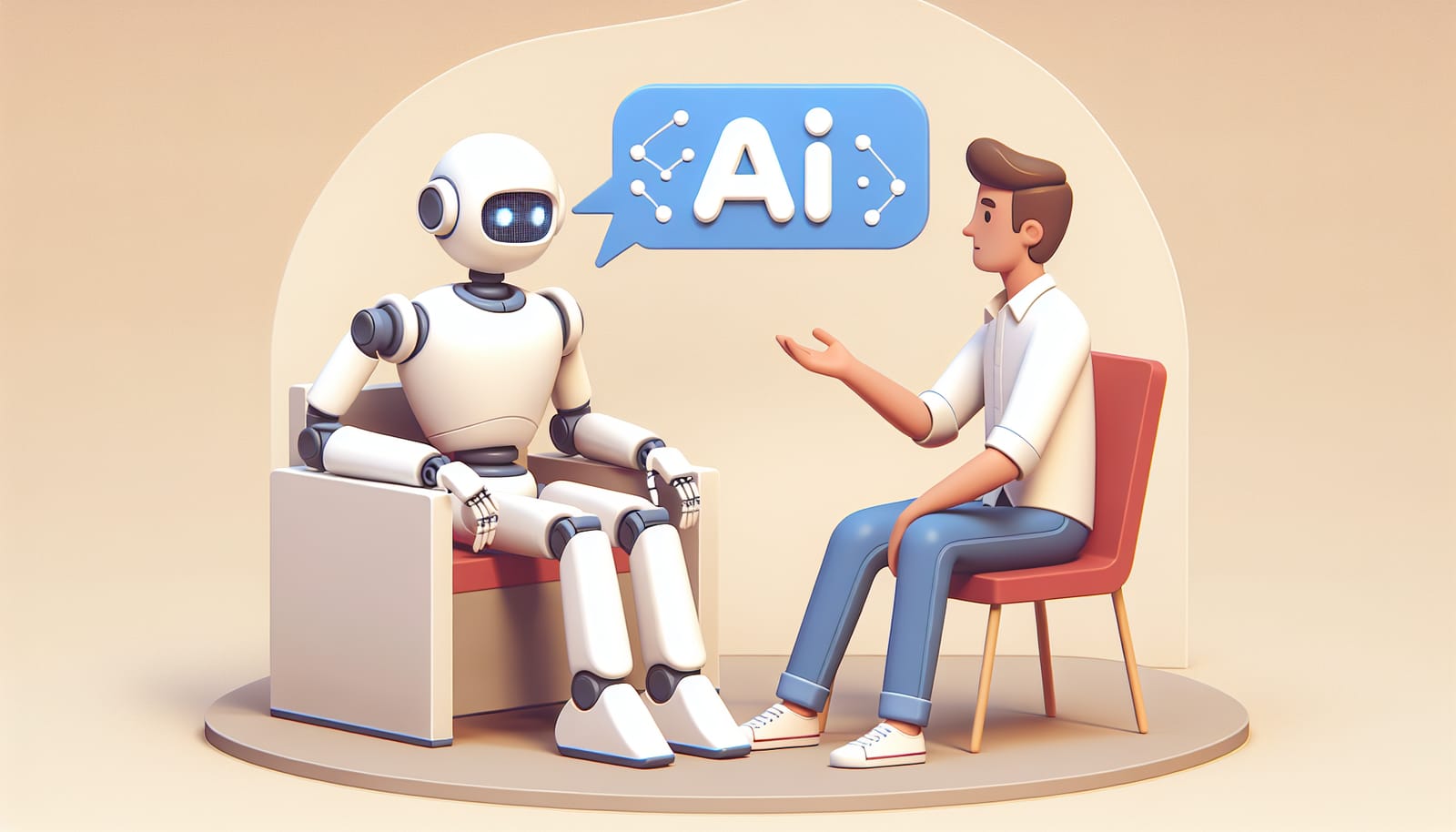Artificial Intelligence (AI) has become a buzzword in today's world, often associated with futuristic technology and endless possibilities. But can AI really make scientific discoveries all on its own? This question sparks curiosity and debate among scientists, technologists, and enthusiasts alike. In this article, we'll explore how AI works, its role in scientific discovery, and whether it can operate independently or needs human guidance.
Understanding AI: What Is It?
Before diving into the realm of scientific discovery, let's clarify what AI is. At its core, AI refers to computer systems that can perform tasks typically requiring human intelligence. These tasks include learning from experience, understanding natural language, recognizing patterns, and solving problems. Think of it as teaching a computer to mimic human thought processes.
AI systems use vast amounts of data to train themselves. For instance, when you show an AI thousands of pictures of cats, it learns to identify features of cats. Once trained, it can recognize a cat in a new picture, much like how humans learn.
The Role of AI in Scientific Discovery
Historically, scientific discoveries have been the result of human curiosity, creativity, and perseverance. Scientists formulate hypotheses, conduct experiments, and analyze data—all processes that require intuition and critical thinking. But AI is changing the game by enhancing these processes.
In recent years, AI has been instrumental in several scientific fields:
Drug Discovery: AI can analyze molecular structures and predict how different compounds will interact. This allows researchers to identify potential new drugs much faster than traditional methods.
Climate Modeling: AI helps scientists analyze climate data and make predictions about future weather patterns, aiding in climate change research.
Astronomy: AI assists in analyzing vast amounts of data from telescopes, helping astronomers discover new planets or celestial phenomena that would be impossible to find manually.
Genomics: AI can process genetic data to identify patterns and relationships in DNA sequences, leading to breakthroughs in understanding diseases.
These examples show that while AI plays an essential role in scientific discovery, it's not entirely autonomous. Instead, it works alongside human scientists, acting as a powerful tool that enhances their capabilities.
Can AI Operate Independently?
Now that we understand AI's role in scientific discovery, let's address the crux of our question: Can AI make discoveries on its own? The answer is a bit complex.
AI can identify patterns and make predictions based on data, but it lacks the human qualities of creativity, intuition, and ethical judgment. For instance, while AI can suggest a possible solution to a scientific problem, it cannot ask, "Is this the right approach?" or consider the ethical implications of its findings.
A notable example is the AI system AlphaFold, developed by DeepMind. AlphaFold predicted the 3D structures of proteins with remarkable accuracy. This was a significant breakthrough in biology, but it was built upon years of research by human scientists. AlphaFold's predictions need to be validated and interpreted by researchers, emphasizing the collaborative nature of AI in science.
The Limitations of AI in Science
While AI has made impressive strides, several limitations must be acknowledged:
Data Dependence: AI systems require vast amounts of data to learn. If the data is biased or incomplete, the AI's conclusions may be flawed.
Lack of Creativity: AI excels at recognizing patterns and making predictions but struggles with creative thinking. It cannot generate new theories or ideas without human input.
Ethical Considerations: AI lacks moral reasoning. Its discoveries must be scrutinized by humans to ensure ethical standards are upheld.
These limitations highlight the importance of human oversight in scientific research. AI is a tool that enhances human capabilities, but it cannot replace the nuanced understanding and ethical considerations that scientists bring to their work.
The Future of AI in Scientific Discovery
Looking ahead, the relationship between AI and science will likely continue to evolve. As AI technology improves, we can expect more collaborative efforts where AI and humans work together to tackle complex scientific problems. Imagine a future where AI can help us find cures for diseases, address climate change, and even explore other planets!
However, it's essential to approach this future with caution. As AI becomes more advanced, the ethical implications of its use in scientific research will need careful consideration. Striking a balance between harnessing AI's potential and ensuring responsible use will be crucial.
Conclusion: A Collaborative Future
In conclusion, while AI has not yet reached the point where it can make scientific discoveries entirely on its own, it has become an invaluable partner in the scientific process. By helping researchers analyze data, generate hypotheses, and streamline methodologies, AI enhances human efforts and accelerates the pace of discovery.
As we continue to explore the possibilities of AI in science, we must remember that the creativity, intuition, and ethical judgment of human scientists are irreplaceable. Together, AI and humans can unlock the mysteries of the universe and make groundbreaking discoveries that were once thought impossible.
So, the next time you hear about an AI making waves in the scientific community, remember that it’s a team effort. The future of scientific discovery is bright, and with the right collaboration, there’s no telling what wonders we might uncover!


